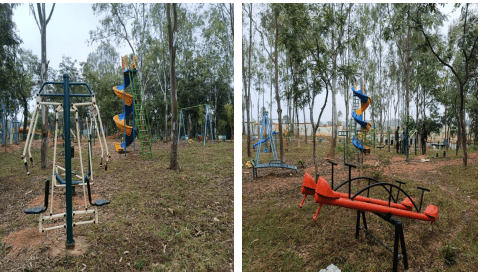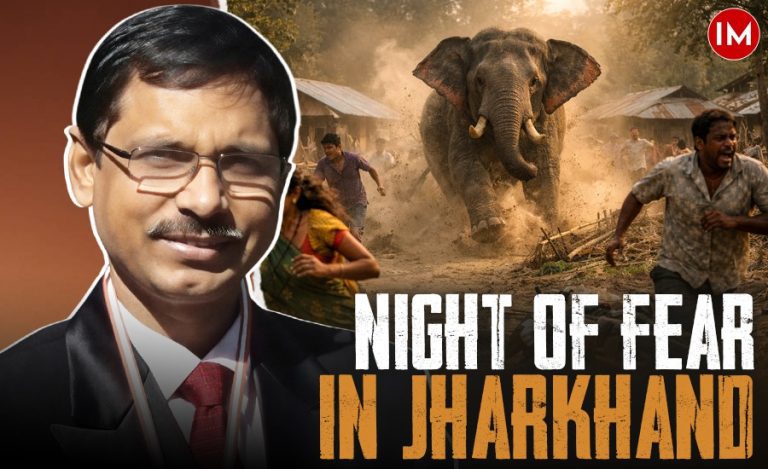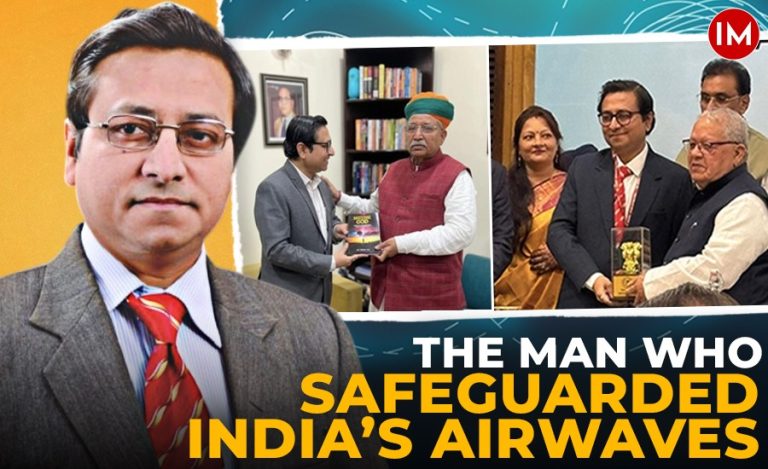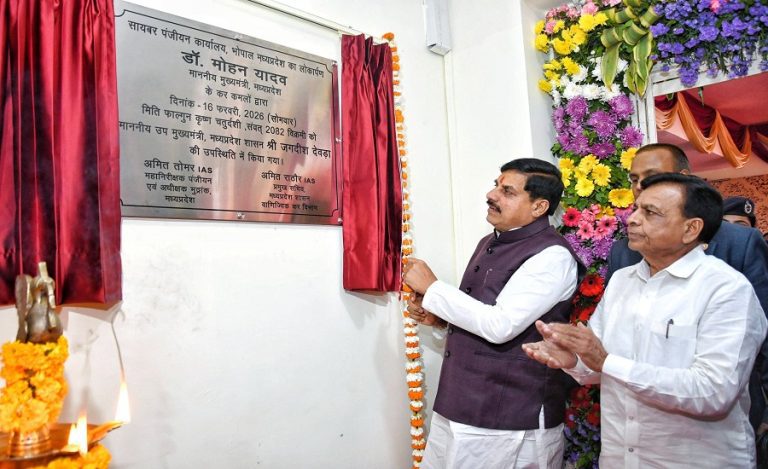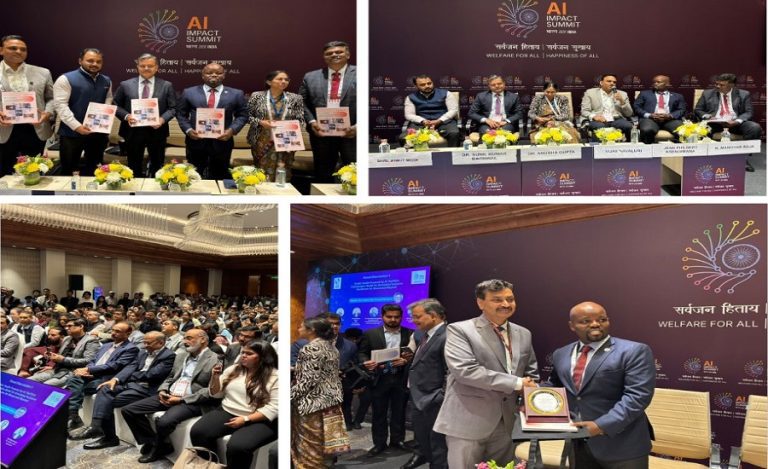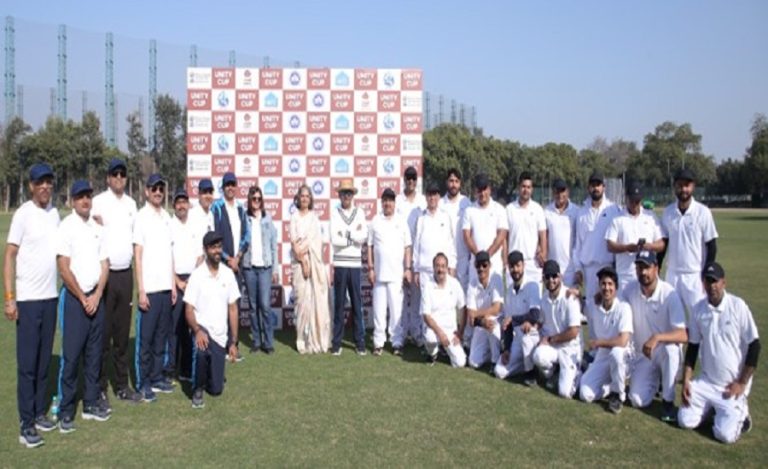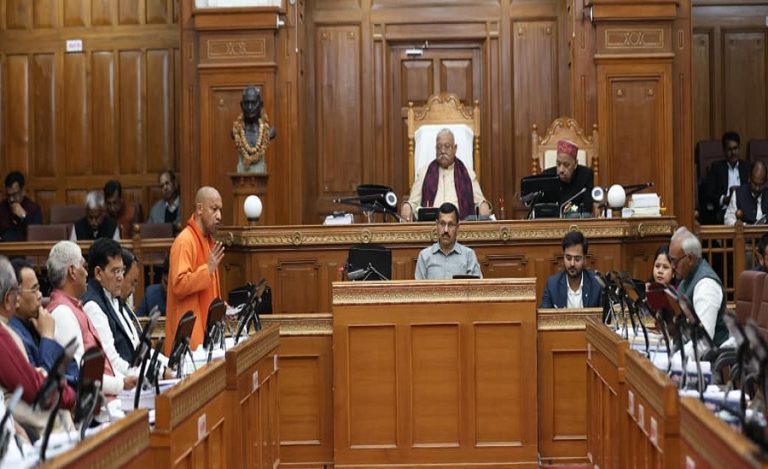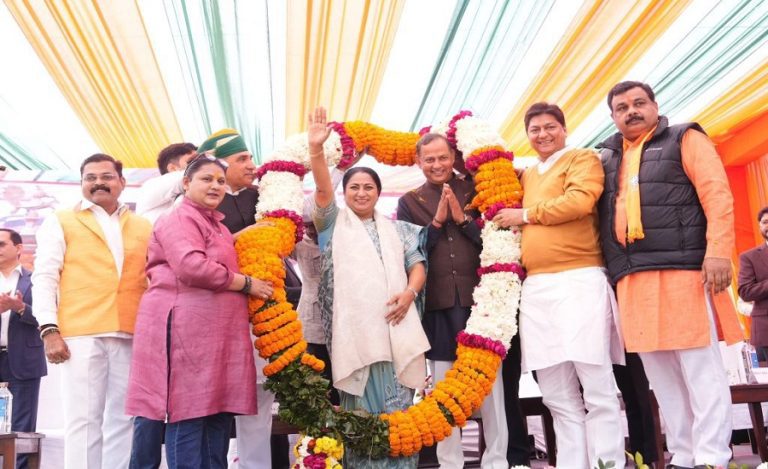The UPSC Civil Services Preliminary Examination — it’s the first gate, the one every aspirant must pass through before even dreaming of the Mains and Interview. With just 100 questions, a time limit of two hours, and negative marking looming large, this stage is often described as the most uncertain and trickiest part of the entire exam cycle.
But what if you could step into the minds of those who’ve cracked it, not just with talent but with method? What did they read? How did they manage revision? What role did mocks play? Did they study ten hours or two? Here’s a deep dive into the very real, practical strategies of some of the top rankers from UPSC CSE 2021 — from AIR 3 to AIR 683 — and how they tackled prelims head-on. An Indian Masterminds exclusive.
1. DON’T JUST STUDY. REVISE. THEN REVISE AGAIN
Ask any successful candidate, and this point comes up like clockwork — revision is non-negotiable.
Take Arnav Mishra (AIR 42), who made it clear: “For prelims, one has to do multiple revisions to retain everything. One has to give multiple revision tests so that they can actually get a feel for how the actual exam is.” His focus was not just on reading material but on training his brain to predict answers, eliminate wrong choices, and simulate the actual exam feel.
Similarly, Ishita Rathi (AIR 8) took a no-frills approach. “Whatever gaps were identified through tests and mocks, I filled those with my hard work and dedication. And kept doing practice and revision continuously.” That “gap-filling” exercise became the mainstay of her prep.
And then there’s Rinkoo Singh Rahee (AIR 683), who warns against the biggest trap many fall into — hoarding resources. “Aspirants gather so much study material that they are left with little or no time for timely revision. Read fewer materials, but read many times.”
2. MOCK TESTS AREN’T JUST PRACTICE – THEY’RE STRATEGY TOOLS
For Naman Goyal (AIR 30), mock tests were not just a part of prep; they were central to his success: “I relied on mock tests and previous years’ papers. I followed the elimination strategy. Before taking the exam, do take as many mock practice examinations for prelims.” He even talks about the importance of adapting your plan based on past mistakes.
Kiran PB (AIR 100) echoed a similar thought: “I had done enough practice, studied a lot, and solved mock tests and MCQs, so I made it through prelims.” For Kiran, these tests were part of a bigger picture: a minimalist, smart-work-driven strategy that avoided burnout.
Gamini Singla (AIR 3) took it a step further. She physically recreated exam-like conditions by going to a nearby government school and writing her mocks, sometimes even without electricity. Why? “So that my body gets accustomed to the environment and I do not feel that it is a new atmosphere I’m entering into.”
3. LIMIT YOUR RESOURCES, NOT YOUR UNDERSTANDING
There’s a difference between depth and overkill. Surabhi Goyal (AIR 78) built her strategy around that distinction: “There are too many topics, and for cracking the exam, you need to have a fair idea about them, but UPSC doesn’t require you to do a PhD on it.” She focused on repeatedly referring to the syllabus and making point-wise notes — a smart way to stay within the framework.
Kiran PB agrees: “I also did not go for many books, rather preferred one fundamental book for a subject.” Both aspirants stressed the importance of limiting your sources, which helps reduce confusion and frees up time for revision and practice.
4. BALANCE BETWEEN STATIC AND CURRENT AFFAIRS
Gamini Singla’s approach to the static portion was razor-sharp. She used Laxmikanth for Polity, 10th to 12th NCERTs for Geography, 6th to 12th NCERTs for Ancient and Medieval History, and Spectrum for Modern History.
For Current Affairs, multiple toppers note its rising importance. Yogesh Mishra, now an IAS officer, warns, “The number of questions from each subject is not fixed. In recent exams, a major portion came from Current Affairs. So, equal focus should be given to each subject.”
His advice: Don’t skip subjects, assuming they’re not important this year. UPSC is unpredictable, and each question carries equal weight.
5. CUSTOMIZE YOUR PREP TO YOUR LIFE AND PERSONALITY
Not everyone has the same time or setup. And that’s okay. Many toppers made it work around their lifestyle.
Take Ishu Agrawal (AIR 81), a working candidate who created his own “Tracking Formula” to squeeze out study time. “I used to track the time. From this, I would know how much time was spent in studies and how many hours were wasted.” This simple but powerful method helped him convert idle minutes into prep time.
Shraddha Gome (AIR 60), who prepared from Indore via self-study, didn’t rely on any coaching center. She built her material using online sources, relied on law school notes for her optional, and stayed consistent with 9 to 10 hours of study each day starting from January 2020. “I kept revising again and again and took occasional guidance from mentors.”
6. STAY CONSISTENT AND PRACTICAL — NOT PERFECT
If there’s one thread that ties all these strategies together, it’s this: consistency beats chaos.
Priyamvada Mhaddalkar (AIR 13), who put in 9–10 hours daily, says, “Civil Services is an exam that needs that kind of consistency and routine, especially to focus on news and current affairs.”
7. BUILD DAILY GOALS. TRACK THEM. ADJUST IF NEEDED
Naman Goyal and Kiran PB both touched upon a goal-setting mindset. From building daily goals to creating a prep calendar, the emphasis was on structure. And the message was clear — the preliminary exam isn’t about random 15-hour study days. It’s about sustained progress.
“Do not worry if a topic appears difficult and you become stuck; think it through. Knowing your own strengths and shortcomings will allow you to focus on your preparation.” – Naman Goyal
FINAL TAKEAWAY: THERE’S NO “ONE WAY,” BUT THERE ARE PATTERNS
What unites these toppers is not the same background or study hours, or even the number of attempts. What unites them is the discipline to revise, the wisdom to keep things simple, the patience to figure out their own strategy, and the courage to trust it.
Whether it’s Gamini writing tests in power cuts, Ishu timing his daily hours, or Surabhi staying within the syllabus boundary, each one proves that if you study smart, stay consistent, and adapt often, you can cross the first hurdle.
So if you’re gearing up for UPSC Prelims, remember: it’s not about studying more. It’s about studying right.



